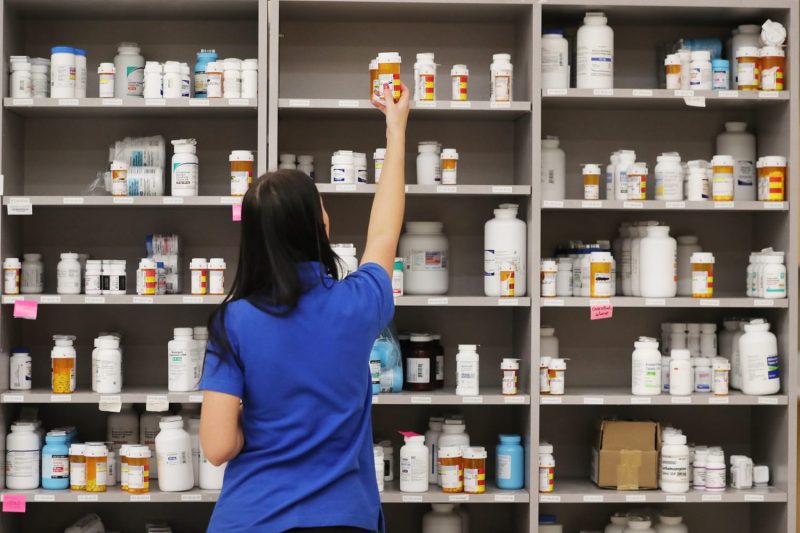The Biden administration plans to make a significant impact on the pharmaceutical industry by lowering costs for 64 drugs through imposing inflation penalties on drugmakers. This move is aimed at addressing the longstanding issue of rising drug costs and aiming to make medications more affordable for Americans. By leveraging inflation penalties, the administration is seeking to hold drug manufacturers accountable for unjustified price hikes that have burdened consumers for years.
One of the key aspects of this initiative is the identification of specific drugs that will be subject to the inflation penalties. By targeting 64 specific drugs, the administration is focusing on addressing price increases that substantially impact individuals dependent on these medications. This targeted approach ensures that the penalties are directed at drugs where price hikes have the most significant consequences for patients.
The strategy of using inflation penalties to lower drug costs represents a novel and proactive approach to addressing the issue of healthcare affordability. Traditionally, efforts to lower drug prices have revolved around negotiations and regulations. However, by introducing penalties tied to inflation, the Biden administration is sending a clear message to the pharmaceutical industry that unsustainable price increases will no longer be tolerated.
Moreover, by implementing inflation penalties, the administration is creating a more transparent and accountable system for pricing within the pharmaceutical sector. Drugmakers will now have a financial incentive to consider the impact of their pricing decisions on consumers, as unchecked price hikes could result in significant penalties. This shift in the economic dynamic between drug manufacturers and consumers is a crucial step towards a more equitable and affordable healthcare system.
Critics of the inflation penalty approach may argue that it could stifle innovation within the pharmaceutical industry. However, it is essential to note that the administration’s focus is on curbing unjustified price increases rather than inhibiting research and development efforts. By keeping the penalties targeted and proportionate to inflation rates, the Biden administration aims to strike a balance between promoting affordable healthcare and incentivizing continued innovation in drug development.
In conclusion, the Biden administration’s decision to lower costs for 64 drugs through inflation penalties on drugmakers is a bold and forward-thinking step towards making medications more affordable for Americans. By leveraging penalties tied to inflation, the administration is holding pharmaceutical companies accountable for their pricing decisions and working towards a more transparent and consumer-centric pharmaceutical industry. This initiative represents a crucial shift in the approach to tackling rising drug costs and signals a commitment to making healthcare more accessible and affordable for all.
